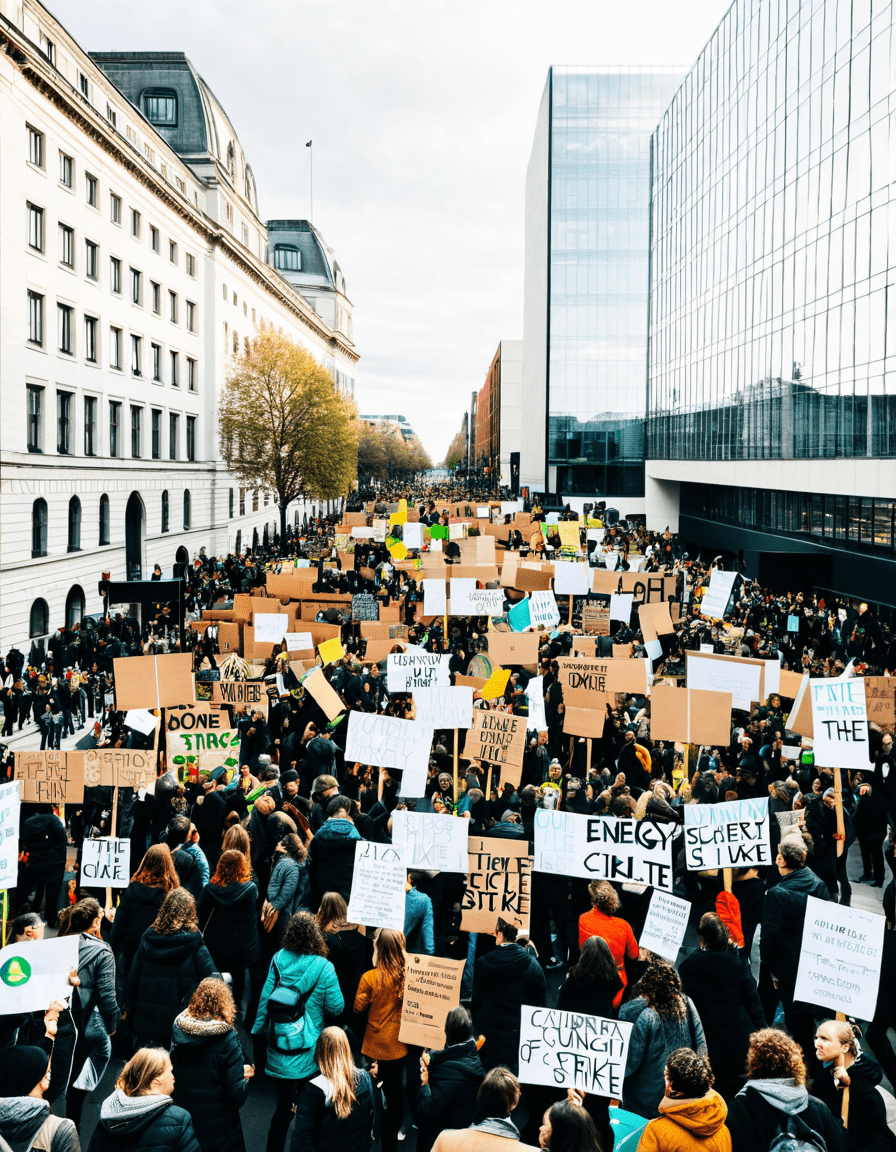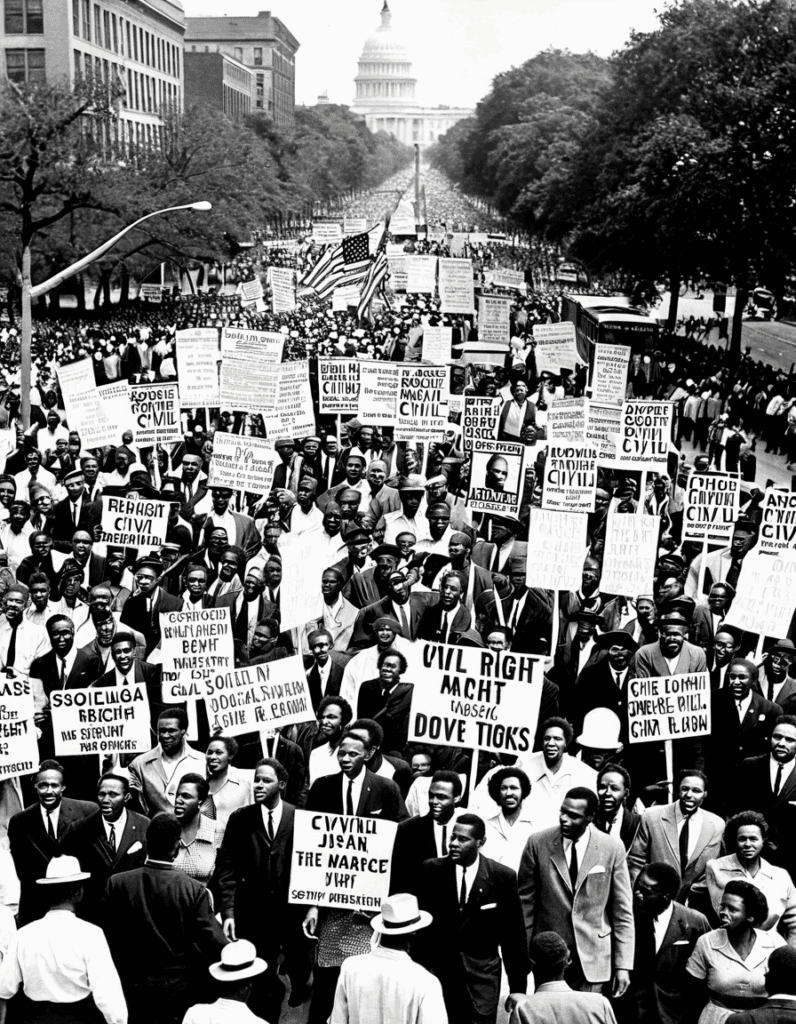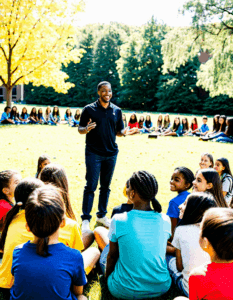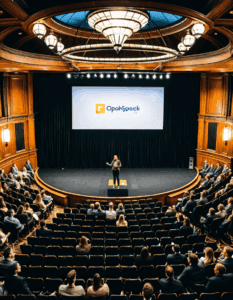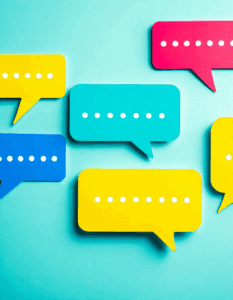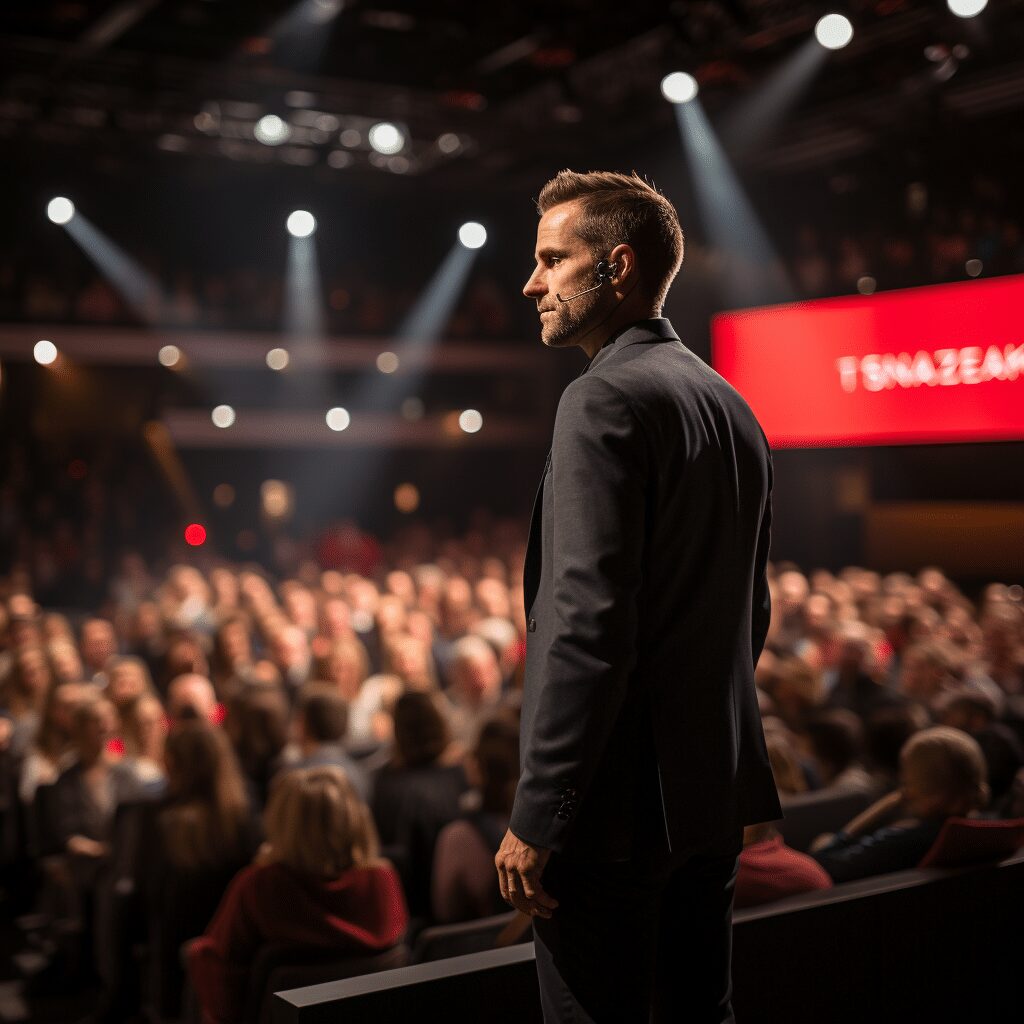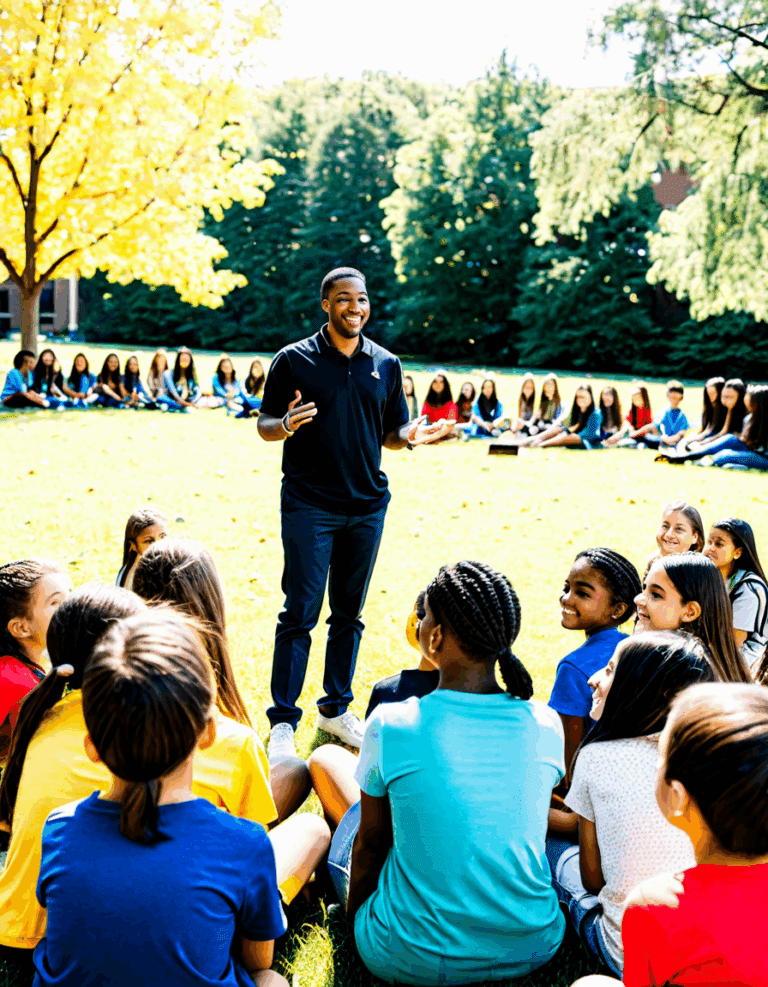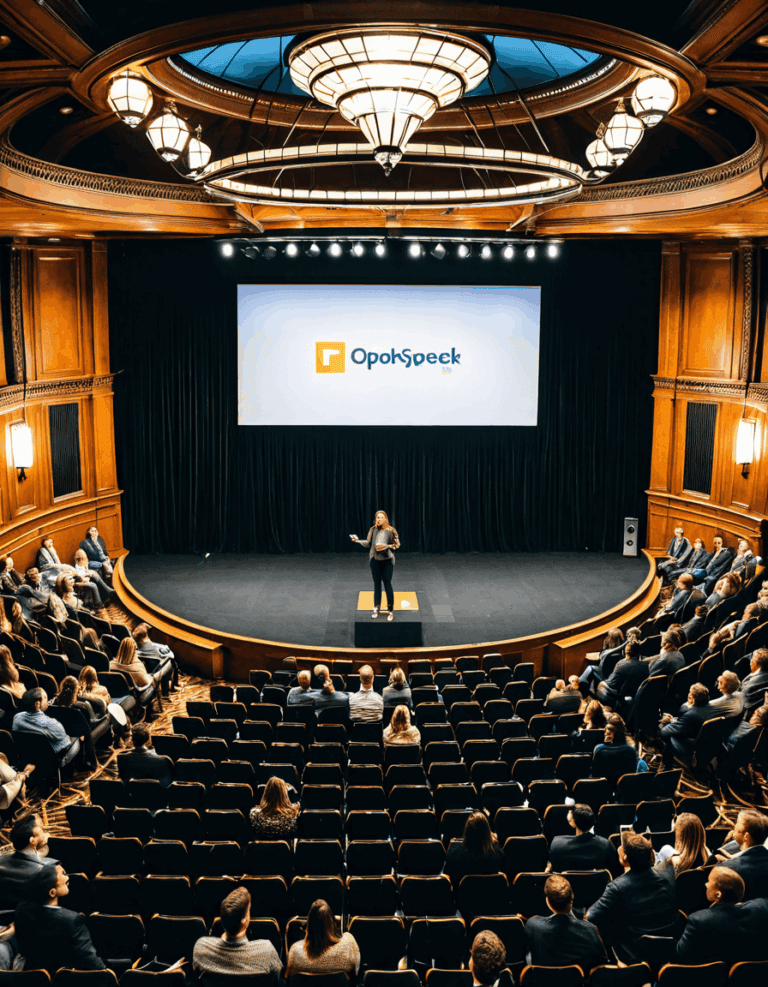Sociological event examples are milestones in human history that resonate through time, profoundly changing societal dynamics. From civil rights to environmental activism, these events reveal how collective action can transform public perception and policy. It’s crucial for event organizers and businesses seeking impactful guest Speakers For Events to understand the significance of these moments. Not only do they reflect the zeitgeist of their time, but they also provide invaluable lessons for today’s challenges. So, let’s dive into some remarkable sociological events that have altered the fabric of society forever.
The Civil Rights Movement: A Transformative Sociological Event Example
The Civil Rights Movement of the 1950s and 1960s in the United States serves as a cornerstone of sociological event examples that significantly shifted views on race, equality, and justice. Spearheaded by figures like Martin Luther King Jr., this movement demanded an end to segregation and discrimination. Organizations such as the NAACP played pivotal roles in advocating for civil rights, culminating in landmark legislation like the Civil Rights Act of 1964 and the Voting Rights Act of 1965.
The movement’s impact can be seen through effective examples of audience analysis. It resonated not just with Black Americans but also garnered support from various demographic groups. The solidarity displayed during protests illustrated a united front for justice, showcasing how diverse audiences can rally around shared values.
In analyzing these sociological event examples, one recognizes the power of coordinated activism to alter public policy and societal norms. The legacy of the Civil Rights Movement remains vital today, as speakers who harness its spirit can inspire new generations to continue the fight for equality and justice.
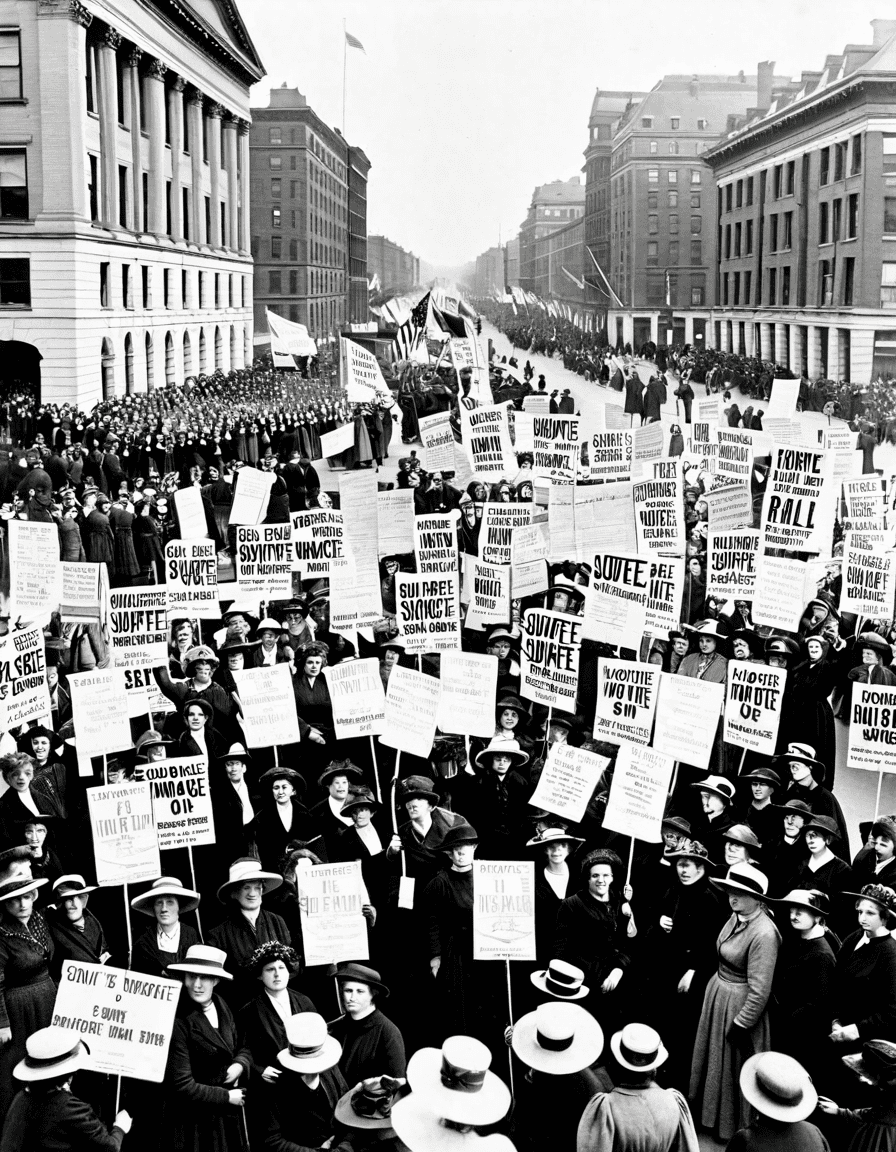
The 1969 Stonewall Riots: A Catalyst for LGBTQ+ Rights
The Stonewall Riots in New York City marked a turning point in the LGBTQ+ rights movement. Brought on by a police raid at the Stonewall Inn, patrons refused to be silenced, igniting a week-long series of protests that changed the landscape for LGBTQ+ advocacy. This event acts as a prime example of effective audience analysis, illustrating the frustrations felt by LGBTQ+ individuals under repressive societal structures.
In the aftermath, activist groups like the Gay Liberation Front emerged, pushing for increased visibility and support for LGBTQ+ rights. Notably, annual Pride parades that celebrate diversity stemmed from this sociological event example, highlighting the importance of community and acceptance.
The Stonewall Riots reminded us of the significant role that individual voices can play in collective movements. As speakers address this topic, they can channel the energy and passion of the riots, encouraging audiences to recognize their power in advocating for their rights and the rights of others.
The Global Environmental Movement: Lessons in Societal Change
The global environmental movement, sparked by events like Earth Day in 1970, reflects a profound shift in societal attitudes toward the environment. Pioneers such as Rachel Carson raised awareness about environmental issues through her groundbreaking book “Silent Spring.” Her advocacy highlighted the dangers of pesticide use and set the stage for contemporary environmentalism.
Analyzing public reactions reveals an evolving consciousness regarding climate change and sustainability—core elements of audience analysis samples. Today, numerous communities are engaged in grassroots initiatives to combat climate change, driven by the collective effort to protect our planet.
This sociological event example demonstrates how public sentiment can lead to substantial policy changes and corporate responsibility. As event planners look for speakers who can address these issues, they should consider those who can articulate the urgency and importance of environmental advocacy.
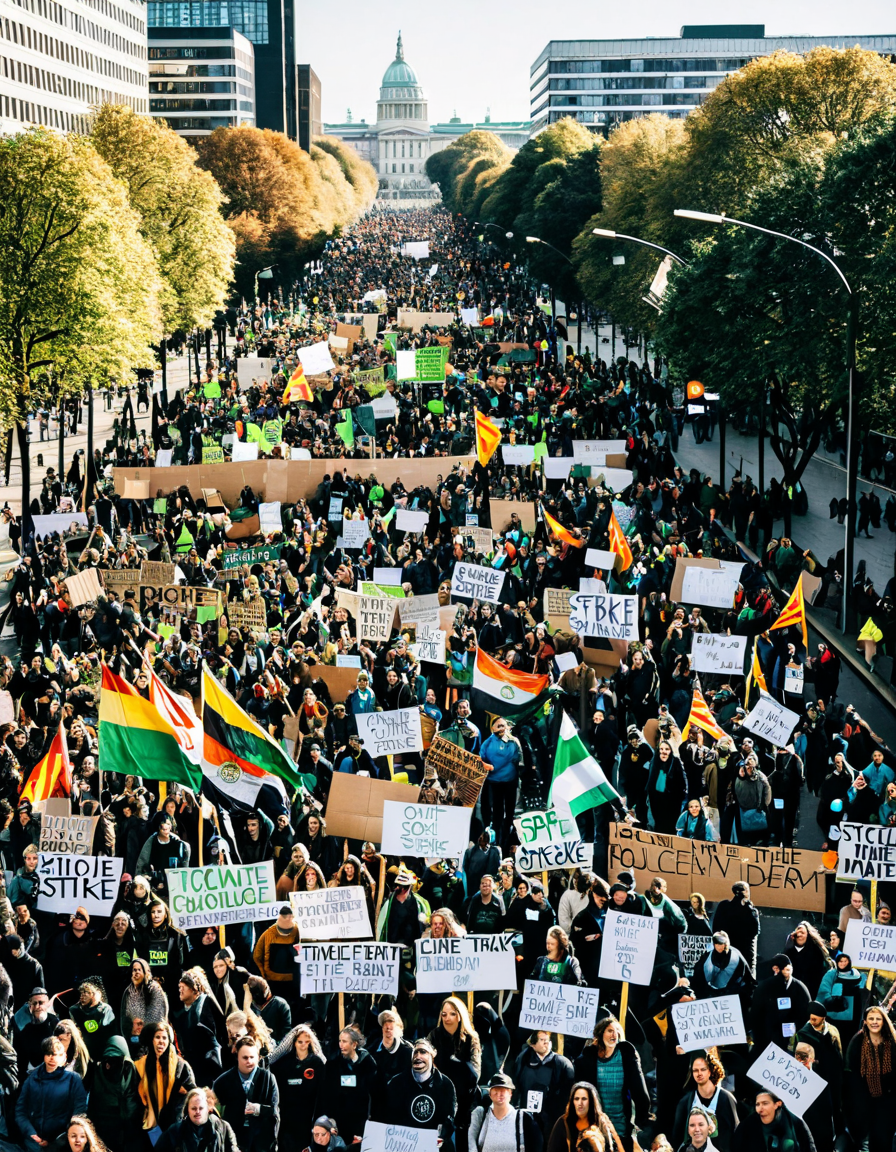
The Rise of Social Media and Digital Activism
In this digital age, social media has revolutionized how individuals and organizations mobilize for change. Movements like #MeToo have utilized these platforms to shine a spotlight on sexual harassment and assault, empowering survivors to share their stories. This digital shift serves as a crucial example of how audience analysis has transformed community engagement.
Social media facilitates instantaneous feedback and mobilization, allowing activists to tailor their messages effectively. This real-time connectivity is pivotal for broadening the reach of sociological events, offering a timely response to injustices and creating an ongoing discourse around pressing issues.
Given this landscape, businesses and organizations should be mindful of tapping into digital activism’s potential. Hiring speakers who are adept at utilizing social media for engagement can help foster meaningful dialogues and encourage participation across diverse audiences.
The Arab Spring: A Global Response to Authoritarian Regimes
The Arab Spring, which began in late 2010, revolutionized the political landscape across the Middle East and North Africa. Sparked by protests in Tunisia demanding democracy and economic opportunity, this sociological event example underscored the power of grassroots movements. It also exemplified modern audience analysis, as social media played a crucial role in organizing and disseminating information.
The varying outcomes of the Arab Spring in different countries illustrate the complexities involved in achieving lasting change. While some nations embraced reform, others descended into chaos, emphasizing the nuanced dynamics at play in societal movements.
Understanding the Arab Spring’s implications is essential for anyone involved in social activism today. Event organizers should seek speakers who can convey these lessons, equipping audiences with the knowledge and inspiration to engage with political issues in their communities.
The Impact of COVID-19 on Socialization and Mental Health
The upheaval caused by the COVID-19 pandemic has dramatically influenced how we interact and maintain mental health. Social distancing measures and lockdowns led to an increased reliance on technology for connection, impacting how individuals perceive relationships. This event serves as a striking example of modern audience analysis, highlighting diverse demographic responses to isolation.
Different communities faced unique challenges and adaptations, leading to conversations about mental health resources and accessibility. As society recovers from the pandemic, understanding these changes and their potential persistence is crucial for future trends in socialization.
As speakers address the pandemic’s impacts, they must emphasize empathy and resilience, providing audiences with coping mechanisms and fostering support networks that can thrive even in times of uncertainty.
The Black Lives Matter Movement: Continuing the Fight for Equality
Black Lives Matter (BLM) emerged in 2013 as a response to the acquittal of George Zimmerman in the shooting death of Trayvon Martin. This movement has become a significant contemporary example of sociological events that address systemic racism and police brutality. Employing both traditional and digital media, BLM has effectively crafted messages that resonate across various audiences.
The protests following the death of George Floyd in 2020 highlighted BLM’s global impact, rallying support not only locally but worldwide. This sociological event example showcases how collective action can challenge oppressive systems, influencing corporate policies, educational curricula, and cultural discussions surrounding race.
Event planners can benefit immensely by engaging speakers who have been part of or studied BLM’s methods. They can offer insights into the strategies that have galvanized movements and prompted institutions to reckon with issues of racial inequality.
The Ongoing Legacy of Sociological Events
Each of the events discussed reveals a rich tapestry of social movements, public perception, and institutional change. They illustrate the enduring power of collective action. Understanding these sociological event examples can guide future initiatives, fostering dialogue and understanding amid ever-changing societal dynamics.
As society confronts new challenges, it’s essential to reflect on the lessons learned and ensure these messages remain relevant. By highlighting the connections between audience analysis and sociological events, activists and leaders can equip themselves with the tools needed to address contemporary issues effectively.
For organizations and event planners looking to connect with top-tier speakers, understanding the implications of these transformative events is crucial. It not only helps in choosing the right voice for their efforts but also cultivates a deeper appreciation for the societal changes that continue to shape our world. With the right speakers at the helm, they can guide audiences through the complexities of social justice, environmental advocacy, and collective action, enriching discussions and inspiring future movements.
Connect with us at TCAA to discover inspired speakers who are ready to take your event to the next level! From social movements to digital activism, we’ve got the talent you need. Explore opportunities to learn more about different Types Of party or how speaking automated can enhance your next gathering.
By recognizing the intricate dynamics of sociological events, you can foster a future built on knowledge, awareness, and action!
Sociological Event Examples That Changed Society Forever
A Dive Into Sociological Events
Sociological events have shaped our world in profound ways, reflecting the power of collective human behavior. For instance, the civil rights movement not only transformed American society but also galvanized global conversations about social justice. Did you know that this movement drew parallels to stories in pop culture? Think of “Spiderman: Beyond the Spider Verse,” which merges superhero adventures with themes of identity and justice. It’s fascinating to see how narratives evolve and resonate beyond their original contexts!
An interesting trivia point revolves around how social movements influence public speaking. By leveraging technology, speakers can reach vast audiences, effectively spreading important messages. Check out Where speaking automated to see how public speaking has adapted in today’s tech-driven landscape. Events like the Stonewall Riots are also prime examples. They were pivotal in pushing LGBTQ+ rights into the mainstream, showing how public demonstrations can shift social norms. The small yet mighty SB event sparked nationwide conversations about equality, making it an important piece in the puzzle of social change.
The Impact of Sociological Events
Let’s not forget the role of corporate interests in shaping society. Take Honda Powersports, for example; their innovations have not only changed how we experience recreation but also influenced industry standards and consumer expectations. It’s amazing how advancements in one sector can ripple through entire communities. In a more quirky realm, did you know that understanding nature can help us relate to societal issues? Just like knowing How long do flea eggs take To hatch can reveal insights about life cycles, studying social events can teach us about societal evolution.
Another remarkable realization is how certain conditions, like low testosterone in Women, can affect social understandings of gender. Events focusing on health awareness have fragmented traditional views, thereby inviting discussions on inclusivity. Trivia is not just fun—it’s enlightening! It’s these sociological event examples that remind us how interconnected we all are, weaving our individual stories into a rich societal tapestry. So, next time you engage with a social movement or attend a significant event, remember you’re part of a larger narrative!
